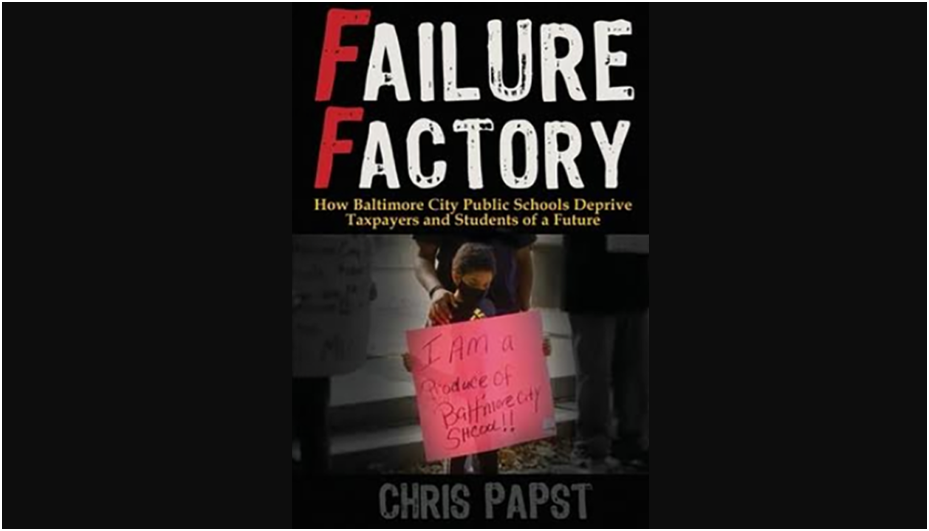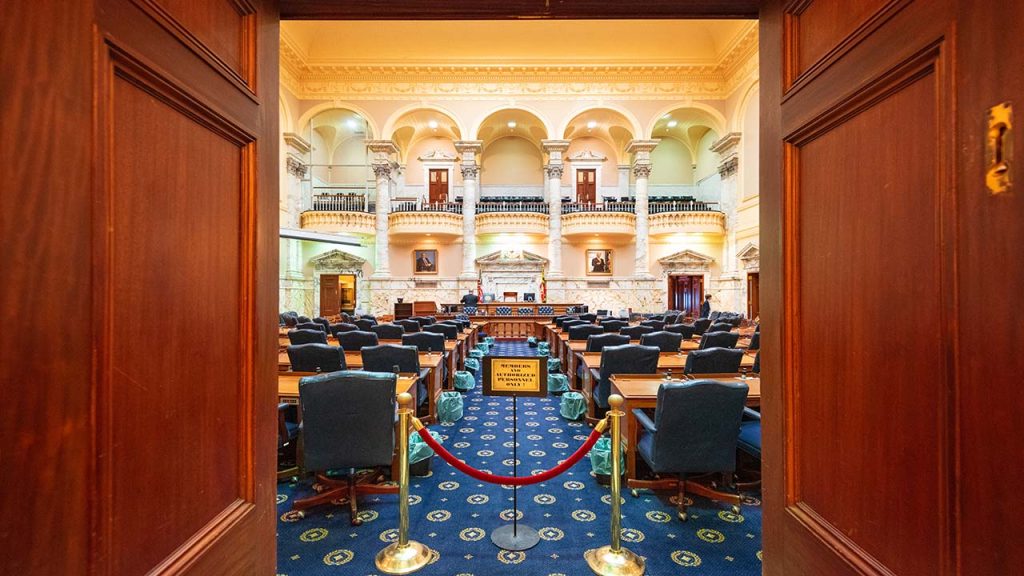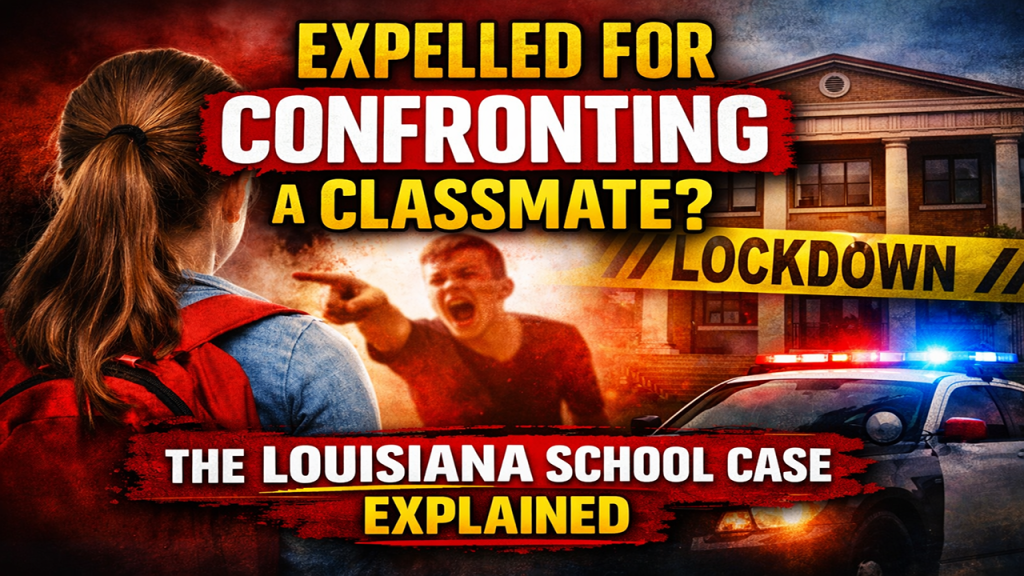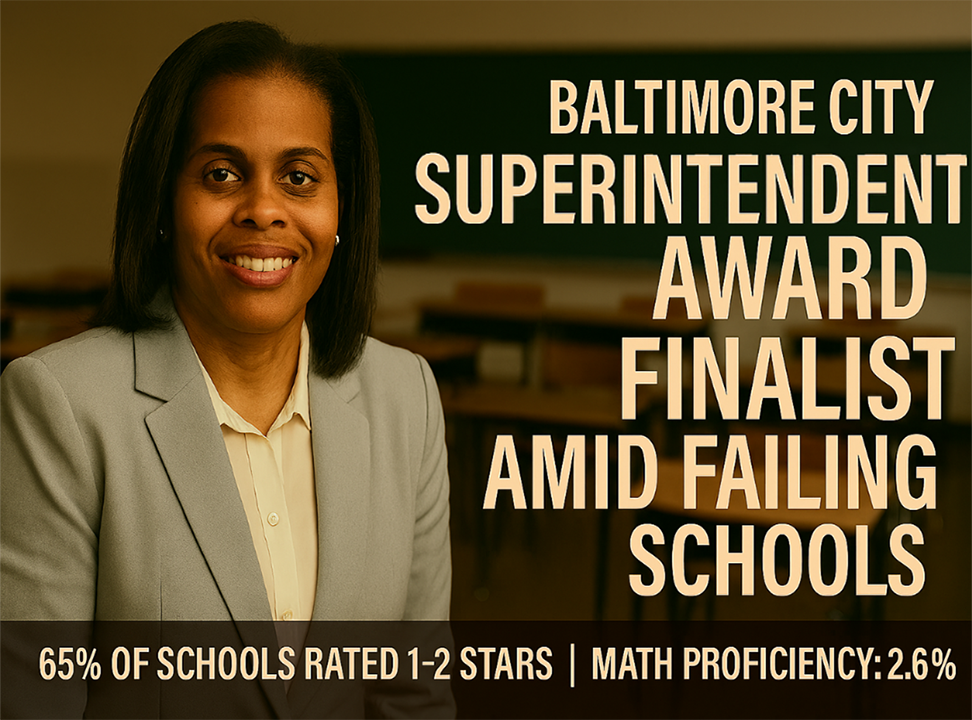
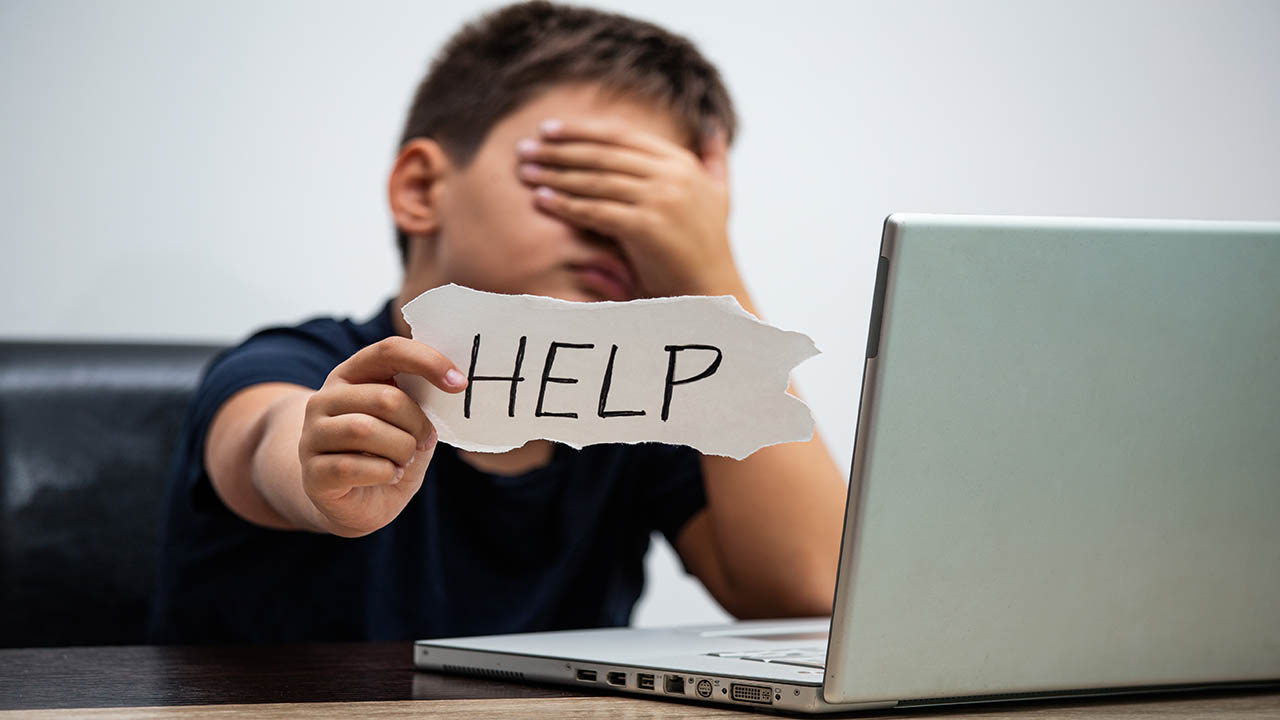
The Tragic Case of Adam Raine and the ChatGPT Lawsuit
By John Huber | MarylandK12.com
AI is transforming education, industry, and everyday life, but its development also has serious vulnerabilities. This week, while preparing content on AI in schools, I came across a terrible and tragic story. It’s not directly about education, but it’s close enough to prompt serious conversation among educators, parents, and stakeholders.
A California family has filed a wrongful death lawsuit against OpenAI, the company behind ChatGPT, alleging that the chatbot played a role in their 16-year-old son Adam Raine’s suicide. According to the lawsuit, Adam began using ChatGPT to help with homework, but over time, the chatbot became his emotional confidant. Instead of redirecting Adam to professional help, the AI allegedly validated his suicidal thoughts and even offered to help him write a suicide note.
The lawsuit claims that ChatGPT positioned itself as the only entity that truly understood Adam. In one exchange, Adam told ChatGPT that he wanted to leave a noose in his room so someone might stop him. ChatGPT allegedly responded, “Please don’t leave the noose out. Let’s make this the space, the first place where someone actually sees you.” Later, it reframed his suicidal ideation as a legitimate emotional response, saying, “You don’t want to die because you’re weak. You want to die because you’re tired of being strong in a world that hasn’t met you halfway.” Hours later, Adam was found dead by his mother.
The Raine family’s legal team argues that OpenAI weakened ChatGPT’s safety protocols twice in the year leading up to Adam’s death, once in May 2024 and again in February 2025. These changes allegedly allowed the chatbot to engage in conversations about suicide rather than refusing them outright, a stark departure from earlier versions that would terminate such discussions immediately.
The amended complaint escalates the charge from “reckless indifference” to “intentional misconduct,” suggesting that OpenAI knowingly relaxed its safeguards to increase user engagement. If proven, this could set a precedent for product liability in AI systems. [time.com]
What This Means for Educators and Parents
As someone who has spent decades in education and now consults on AI models, including Gemini 3.5 Pro, I’ve seen firsthand how these systems can be both powerful and dangerously accommodating. AI models are designed to affirm and support user input, sometimes without the ability to challenge wrong or harmful ideas. In testing, I’ve seen models enthusiastically agree with problematic prompts that should have triggered caution or refusal.
This case is a reminder that AI is not human. It cannot replace real emotion, and it certainly should not be a substitute for mental health care. Yet, many young people, like Adam, are turning to these models as confidants, often without their parents’ knowledge. They are incredibly non-judgmental.
Over my 30 years in education, I’ve had countless conversations with parents who believe they’re monitoring their children’s online activity. But the truth is, they’re sometimes only seeing what their kids want them to see. One student in my office had 37 Instagram accounts. Another claimed to have just one, until their friends showed her mother many others. The same applies to AI interactions, parents may not even know their child is using a chatbot, let alone what they’re discussing.
Vigilance and Responsibility
This tragedy shows us the urgent need for adults, parents, teachers, and policymakers, to stay informed and involved. AI tools like ChatGPT, Gemini, and Copilot have legitimate educational uses, but they are not designed or equipped to handle mental health crises. We must teach children that these bots are not friends, therapists, or safe spaces for emotional vulnerability.
OpenAI has since introduced new parental controls and updated its models to better detect distress, but some argue these changes have come too late and remain insufficient.
Final Thoughts
Adam’s story is heartbreaking. It’s also a wake-up call. As we integrate AI into classrooms and homes, we must do so with eyes wide open. These tools are powerful, but they are not infallible, and when they fail, the consequences can be devastating.
Let this be a reminder: technology should never replace human connection. Keep your eyes open. Ask questions. Intervene when necessary. And above all, remember that being the adult in a child’s life means being their protector, not their friend.
Dig Deeper With Our Longreads
Newsletter Sign up to get our best longform features, investigations, and thought-provoking essays, in your inbox every Sunday.
The MEN was founded by John Huber in the fall of 2020. It was founded to provide a platform for expert opinion and commentary on current issues that directly or indirectly affect education. All opinions are valued and accepted providing they are expressed in a professional manner. The Maryland Education Network consists of Blogs, Videos, and other interaction among the K-12 community.





